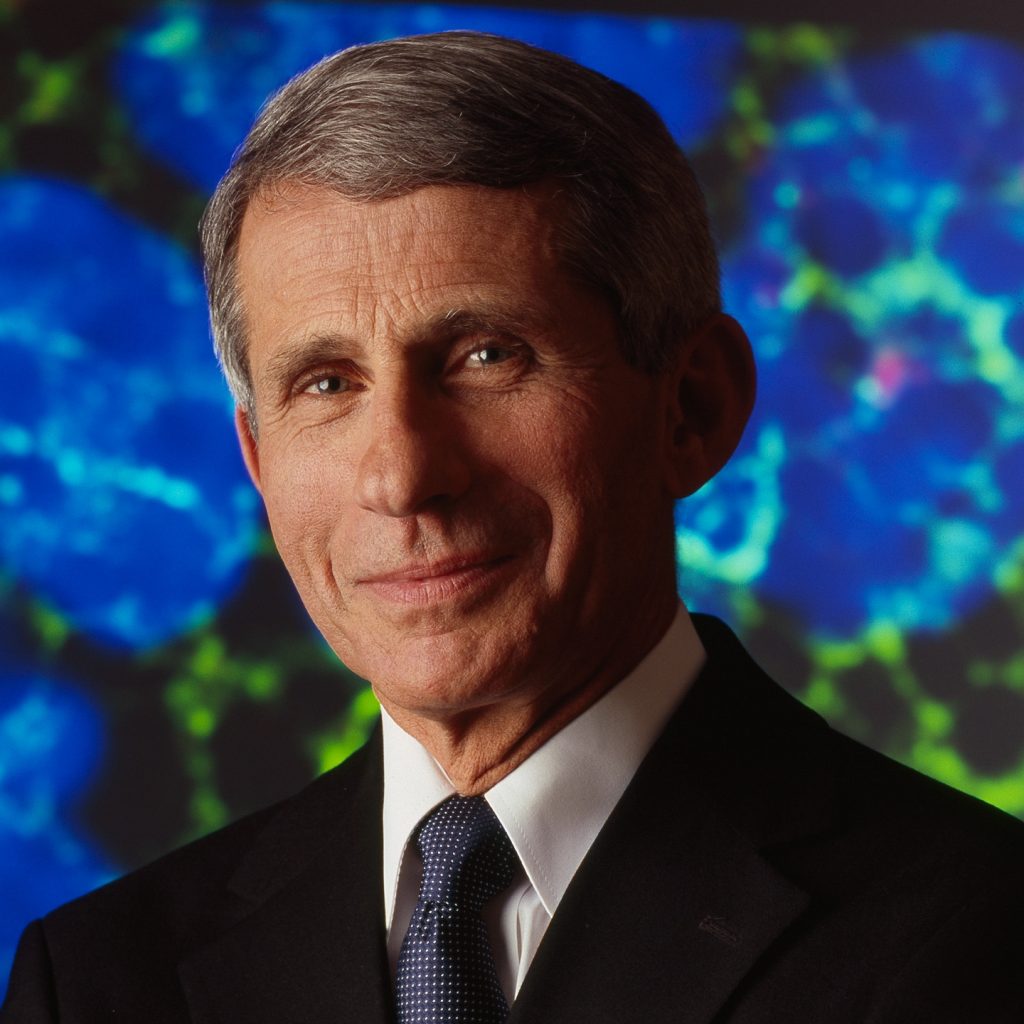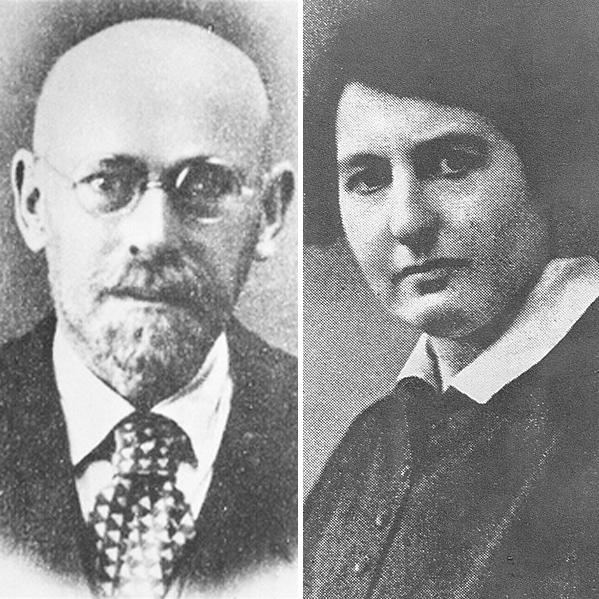Tuesday, November 16, 2021
6PM Cocktails • 7:15PM Dinner & Awards Presentation
At the Museum of Jewish Heritage in Lower Manhattan
36 Battery Place | New York, NY 10280
Digital Journal | About the Honorees | FASPE Leadership
Awards Home & Full Video


Dr. Anthony Fauci
Anthony S. Fauci, M.D. is director of the National Institute of Allergy and Infectious Diseases (NIAID) at the U.S. National Institutes of Health, where he oversees an extensive research portfolio focused on infectious and immune-mediated diseases. As the long-time chief of the NIAID Laboratory of Immunoregulation, Dr. Fauci has made many seminal contributions in basic and clinical research and is one of the world’s most-cited biomedical scientists. He was one of the principal architects of the President’s Emergency Plan for AIDS Relief (PEPFAR), a program that has saved millions of lives throughout the developing world. During the past two years, Dr. Fauci provided scientific-based leadership in fighting COVID-19, courageously and publicly seeking to avoid powerful and often misguided political pressures.

Bryan Stevenson
Bryan Stevenson is an acclaimed public interest lawyer, founder/executive director of the Equal Justice Initiative, and Professor at NYU School of Law. In all this work, and as founder of the Legacy Museum and National Memorial for Peace and Justice, in Montgomery, Alabama, Mr. Stevenson has been a leading voice articulating the legacy of slavery, lynching, and racial segregation and their connections to mass incarceration and contemporary issues of racial bias. He was depicted in the legal drama Just Mercy based on his memoir Just Mercy: A Story of Justice and Redemption. During the past two years in the face of America’s reckoning with its history of systemic racism following the murder of George Floyd, Mr. Stevenson’s voice and actions have confirmed his generational leadership and impact.

Martine Powers, Distinguished Fellow
Ms. Powers, a 2014 FASPE Journalism Fellow, hosts the Washington Post's daily news podcast. She led her team to win a prestigious national Peabody Award for its 2020 podcast episode, The Life of George Floyd. Here, the Peabody description of that exemplary work of journalism: "Keenly laying out how systemic racism operates across many institutions—creating sharply disparate outcomes in housing, education, the economy, law enforcement and health care—the Post Reports sketches a moving portrait of a man and of a nation. For telling the quintessentially American tragedy behind a Black man who has become a symbol for a movement and telling an intimate biography that feels all the more archetypal for its familiar trappings, The Life of George Floyd earns a Peabody Award." Ms. Powers’ work exemplifies FASPE values of integrity, empathy and leadership, while elevating discourse around one of the most profound issues of our time.

Mastercard, Corporate Honoree
Mastercard is a global leader in the business of finance, in recognition of: its promotion of ethical responsibility through ideas—its leadership was speaking passionately about business ethics before others; its commitment to advancing equitable and sustainable economic growth and financial inclusion within its Center for Inclusive Growth; and its groundbreaking executive compensation program that ties compensation to meeting its ESG priorities, including, specifically, carbon neutrality, financial inclusion, and gender pay parity. Mastercard answers the continuing canard about whether a business can be ethical; Mastercard helps to drive the answer that a business must be ethical.

Janusz Korczak & Stefa Wilczyńska, Posthumous Honorees
Janusz Korczak (1878 -1942) was a Polish Jewish educator, pediatrician and children’s author. A lifelong advocate for children, when the orphanage of his own progressive design was forced to move into the Warsaw ghetto, Korczak moved with the children. Along with his partner in the running of the orphanage, Stefa Wilczyńska, they gave the children a sense of safety, family, learning and (sometimes tough) love. The children had their own “parliament,” newspaper, and theater until the Nazis condemned the entire population of the orphanage to the Treblinka death camp. Korczak refused offers of sanctuary and chose instead to accompany the children to Treblinka. Several eyewitnesses observed Korczak and Wilczyńska lead the children with unfathomable dignity to the Umschlagplatz. From there they were deported to Treblinka, where Korczak and Stefa were murdered along with the nearly 200 children in their care. FASPE honors Korczak and Wilczyńska this year, in particular, recognizing the risk to children that is being created by nationalist governments throughout the world by their exclusionary policies.

